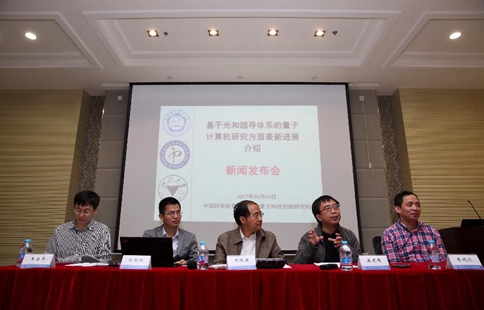WASHINGTON, May 3 (Xinhua) -- Scientists have developed a new test that not only can easily and quickly detect the Zika virus in mosquitoes and human bodily fluids, but can also distinguish between African and Asian strains, according to a study published Wednesday.
The new method, published in the U.S. journal Science Translational Medicine, was based on an existing technology called loop-mediated isothermal amplification, or LAMP, which provides a very sensitive on-site analysis of DNA samples at low cost.
"Using LAMP to detect Zika virus would be much less expensive for developing countries," co-author Nunya Chotiwan, a researcher at the Colorado State University (CSU), said in a statement.
"The majority of the countries involved in the current outbreak (of Zika) are not rich," she said. "It's important for us to try to develop low-cost surveillance methods that might one day be used in these countries."
As a rough cost estimate, the researchers said a heating device or heat block, as it is called, for LAMP costs 250 U.S. dollars or less.
For comparison, real-time machines of a similar technology known as polymerase chain reaction cost between 15,000 and 25,000 U.S. dollars.
In the CSU-led study, researchers started by squishing a mosquito in water. Results were available within about 30 minutes in the study, though it can take up to one hour, the researchers said.
They validated the LAMP test using virus artificially spiked into materials obtained from healthy individuals, and also in clinical specimens collected from confirmed cases of Zika virus infection.
LAMP was also sufficiently sensitive to identify one single infected mosquito from a collection pool of 50 uninfected insects.
The test can detect Zika virus strains both from Asia and Africa.
Zika virus was first detected in Uganda in 1947 and is predicted to be heading back to the African continent, Chotiwan said.
However, CSU Assistant Professor Joel Rovnak, who led the study, cautioned that it would be "a long slog" to make their test available for widespread use.

















